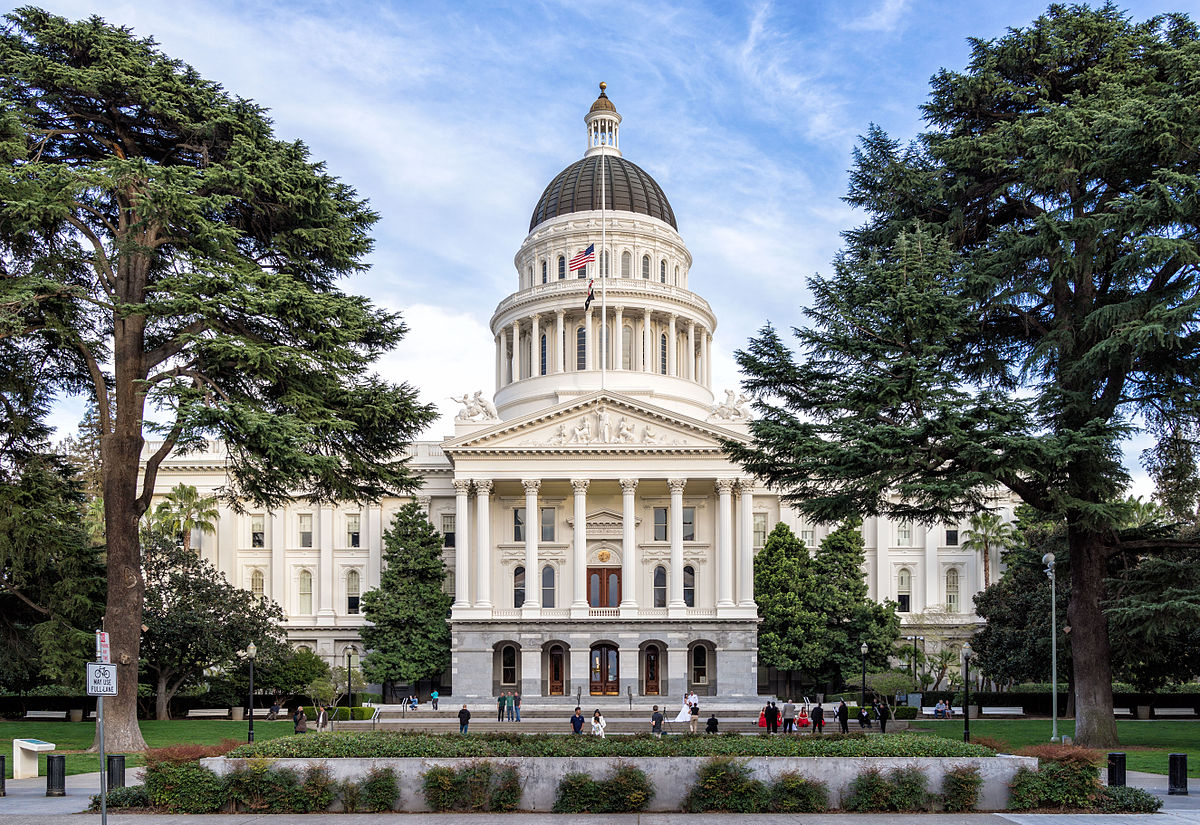Californians for Financial Education announced on March 12 that the campaign had submitted nearly 900,000 signatures for an initiated state statute that would require a personal finance course as a requirement to graduate high school.
The measure would require students graduating during the 2029-2030 academic year to complete a one-semester personal finance course. The measure would also require a personal finance course to be offered by the 2026-2027 academic year. The personal finance course would have to meet the A-G requirements, which are the course requirements for admission to the state’s public universities, or be approved by the local governing board.
As of January 2024, seven states—Alabama, Iowa, Mississippi, Missouri, Tennessee, Utah, and Virginia—required a personal finance course to graduate from high school. According to the Center for Financial Literacy at Champlain College, another 16 states will require a personal finance course by 2028.
The committee reported receiving over $5 million in contributions through Dec. 31. The primary donor was Timothy Ranzetta. The initiative received endorsements from U.S. Rep. Ro Khanna (D), Superintendent of Public Instruction Tony Thurmond (D), State Treasurer Fiona Ma (D), and State Controller Malia Cohen (D).
Superintendent of Public Instruction Tony Thurmond said, “I strongly support the California Personal Finance Initiative. It is crucial as it addresses the pressing need for financial literacy among our youth, empowering them with essential skills to navigate the complexities of personal finance. It fosters economic empowerment, bridges equity gaps, and I believe it will secure brighter economic futures for all.”
In California, the number of signatures required for an initiated state statute is equal to 5% of the votes cast in the preceding gubernatorial election (546,651 signatures). The initiative was filed on Sept. 5, 2023, by Christopher Lee Kaufman and Timothy Ranzetta. The initiative had a circulation deadline of May 7, 2024.
Seven citizen initiatives have qualified for the ballot, including one veto referendum. The initiatives relate to pandemic prevention, the state's minimum wage, remediation for labor violations, vote requirements for new taxes, local rent control, and oil and gas well regulations.
Additional reading:



